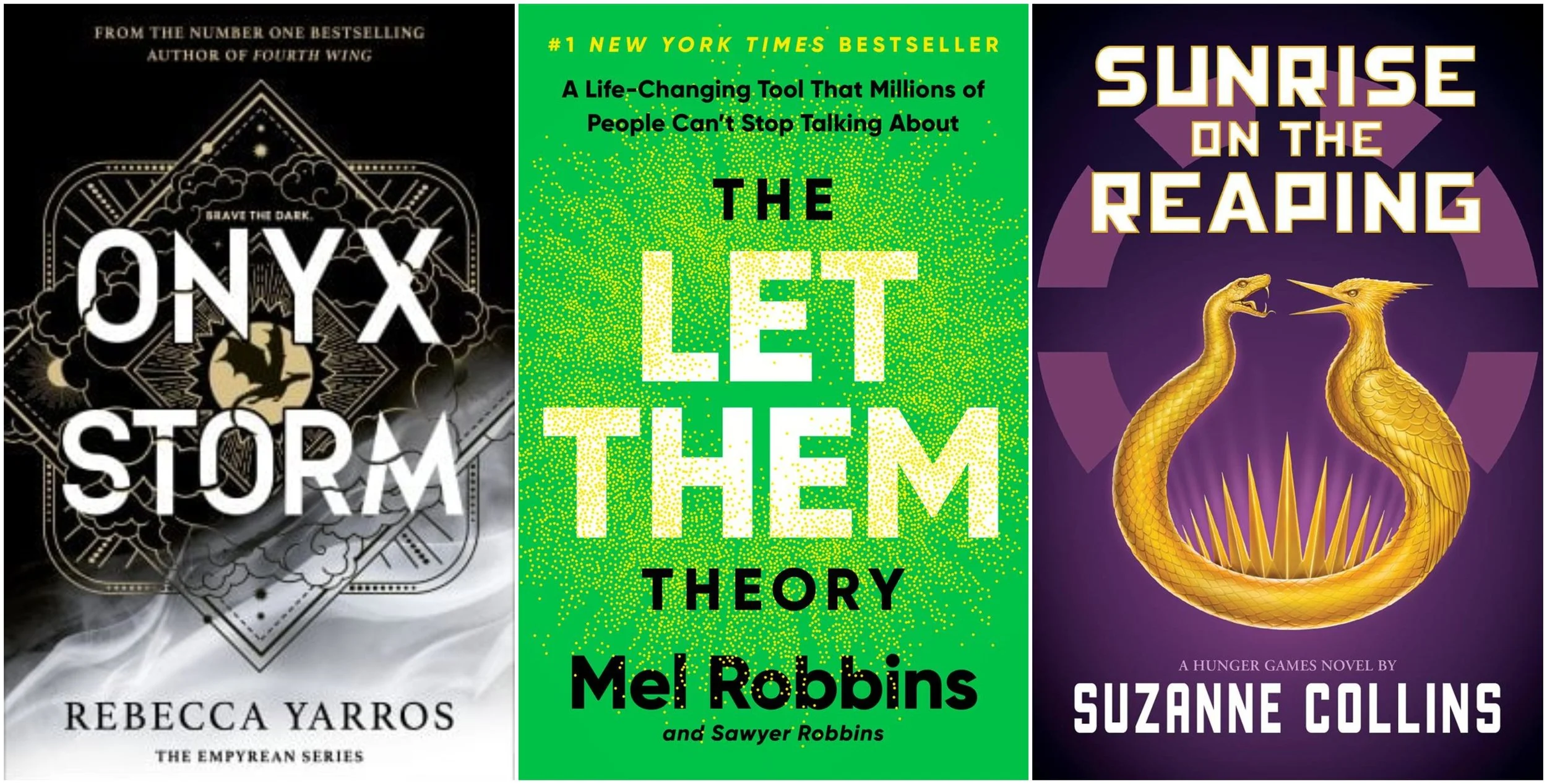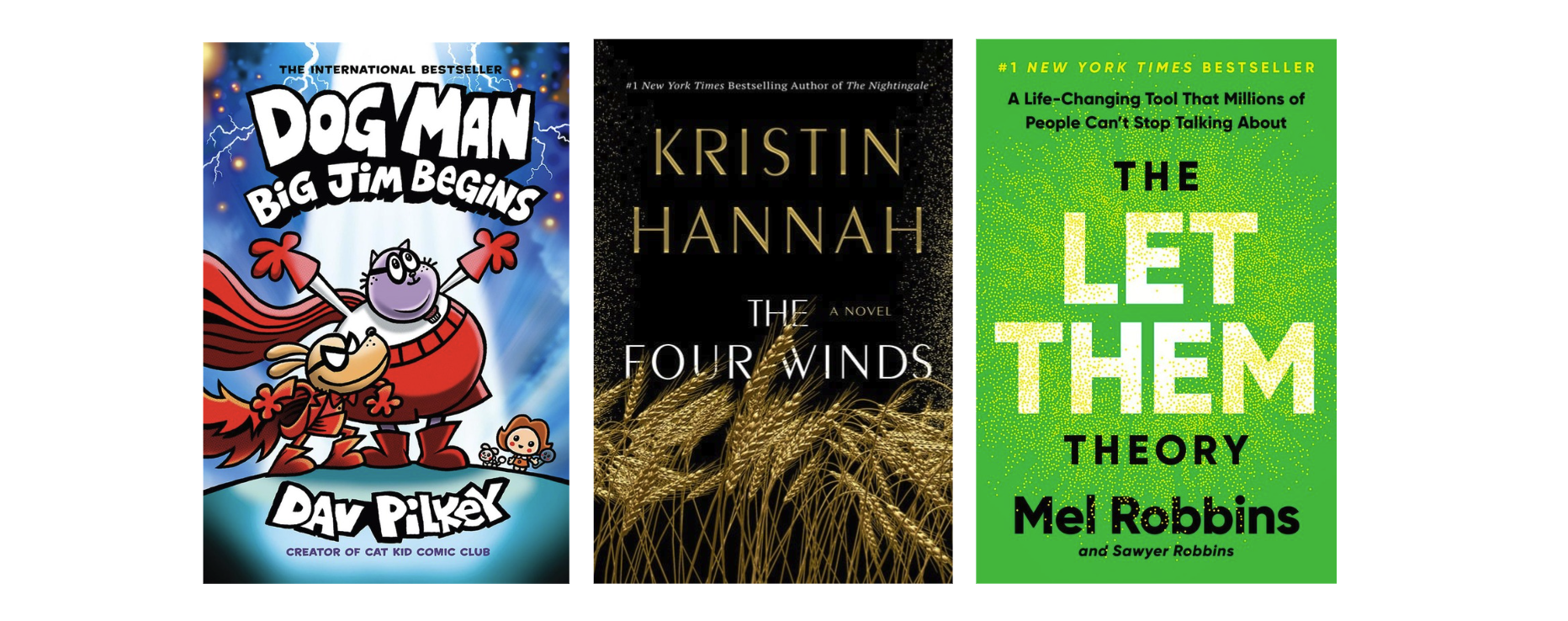When creating metadata records, it’s very tempting to include every subject code that has the potential to identify the product to even the most niche audiences to increase readership — and purchases! Think of the possibilities, right? No audience left untouched. However, in the rush to assign subjects, as we've noted in the past, even the most skilled data provider can make an all-too-common mistake: including a variety of subjects but neglecting to indicate one as the main subject.
When providing more than one subject code from Thema for a product, it's vital to include an indication of which of the several codes is the most important one. This applies to any subject scheme listed in ONIX codelist 27 that allows multiple codes from that scheme.
You’ve heard appeals from us before where subject classifications and main subjects are concerned. As Tom Richardson wrote back in February 2021:
Subject classification uses standard definitions to describe the content of something. A book subject classification system — like Thema, BISAC, Dewey, or Library of Congress (LOC) — starts with some preconceived ordering of a worldview [sic] that is done with a purpose. Dewey and LOC are library systems to classify knowledge. Thema and BISAC exist to classify book content to facilitate consumer discoverability and ensure usability by book retailers. All are tools for content discovery with different focuses.
A “main subject” doesn’t exist in library subjects systems. And a good generalization about any subject scheme is: either a subject applies and it should be used, or it doesn’t and it shouldn’t be used. That means that subjects don’t usually have a hierarchy — the book content should relate to a search based on any of the subject terms provided.
Trade book subject classifications like Thema and BISAC (BIC has been superseded by Thema, but it belongs in this list, too) support main subjects for the convenience of their retail partners. Knowing what the book is ‘mostly’ about can help sales in a number of ways, but this is the important one in North America:
A retail book buyer is normally a subject specialist and the single “main subject” defines which buyer receives the sales pitch. In other words: the main subject is a focal point for your sales effort.
A year later, sadly, the issue is still popping up, even in files sent from the most skilled data providers.
BookNet has heard rumours that some software vendors may think the order in the record, with the first entry as “main,” is sufficient. It is not! Accuracy demands that you positively label one of the subjects as main. Are you even sure your software allows you to change the order of entries?
To answer the call, standards lead EDItEUR has crafted an essential document for data providers to consider when creating and sending subject classifications in their ONIX records. Here are the most salient points:
Indicate the main subject using the <MainSubject/> tag in ONIX 3.0. Publishers still using ONIX 2.1 should use the <MainSubject> composite.
The <MainSubject/> is expected to be a permanent assignment, not a code that will change frequently during the product’s lifecycle. While corrections can be made to a book’s subject classification after initially assigned, publishers are urged to exercise restraint with the <MainSubject/> as frequent changes suggest a lack of stability and reduce the usefulness of subject categorization to data recipients. The document asserts “it is better to take time prior to publication to decide the best category to be the main one and which other subjects and qualifiers make sense with this main subject.”
When double-coding Fiction and Non-Fiction categories using the Thema subject standard (BISAC discourages double-coding Fiction and Non-Fiction codes), for example when using a Non-Fiction code to describe the setting for the fictional story, about the setting or milieu of a story, the Fiction code must be indicated as the <MainSubject/>. This decisively informs data recipients that the book “is a work of fiction title rather than a work of non-fiction.”
As short and simple as these directives suggest, the document elaborates with examples to illustrate the complicated decision-making that one must associate with subject coding. An essential read, presented here for your consideration.
Got questions for us? Drop us a line, we’re always happy to talk Standards!














Insights into romance trends and the performance of Heated Rivalry.